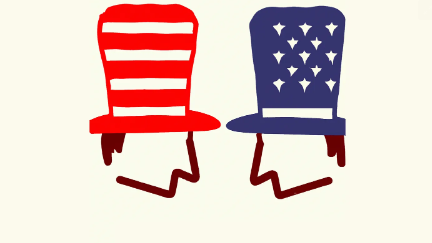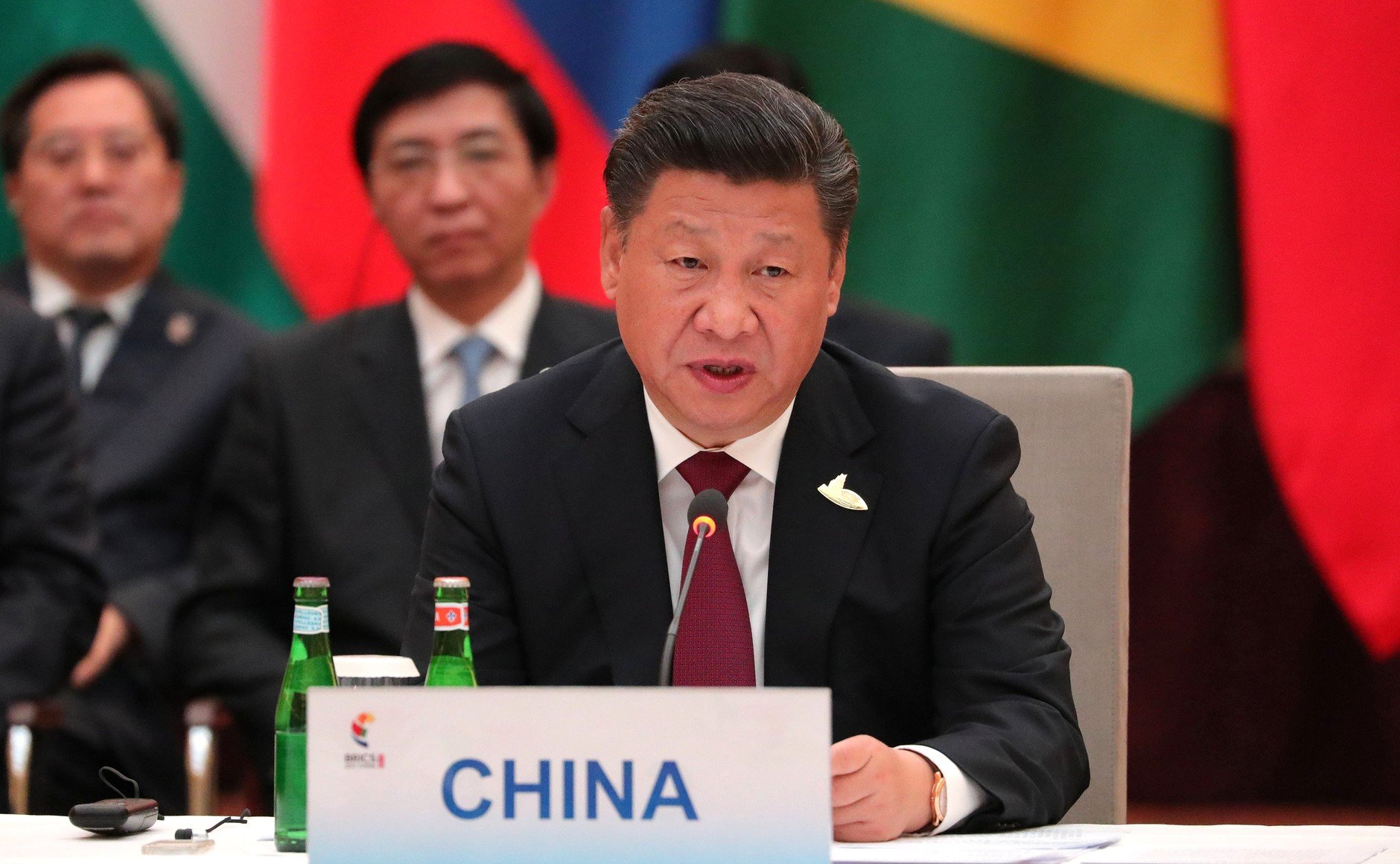LATEST ANALYSIS:

How the war on terroir was won – Part 2
Geographical indications (GIs) were also a big factor in the EU’s growing export performance. But the globalisation of the EU’s approach also triggered two unplanned and unintended developments, writes a former top EU trade negotiator John Clarke in Euractiv

How the war on terroir was won – Part 1
In just a decade, geographical Indications (GIs) have passed from being a largely European niche – a Eurobsession, some say – to a globally recognised and appreciated form of intellectual property right, writes a former top EU trade negotiator John Clarke in Euractiv

What Makes World Leaders Tick: Exclusive Interview with Dr Kenneth Dekleva
In an exclusive interview, Brasidas Group (BG) spoke with psychiatrist and former U.S. Department of State officer and medical expert Dr Kenneth Dekleva about the changing geopolitical landscape, expectations from leading world powers, as well as psychological profiling of world leaders.

China’s President Xi is Playing GO – and Winning
It’s a new world, but in many ways 2023 is like 1793 all over again… Kenneth Dekleva explores how Xi Jin Ping is playing GO while Russia blunders its chess-moves and the West struggles with tic-tac-toe. In the Cipher Brief.

The Rise of Granfalloon Politics
Why are humans, aligning themselves into meaningless groups that hate each other more than ever before? Borrowing a whimsical framework from Kurt Vonnegut, Brian Klaas explores the political implications of the karass and the granfalloon in Garden of the Forking Paths.

Xi’s Paradox: Flexible, Ideological or Both?
Kenneth Dekleva writes in The Cipher Brief that China’s vigorous and intimidating cyber-attacks, economic pressure, diplomatic pressure, and extensive military exercises highlight the importance of understanding President Xi’s leadership style.

The Fall of the Neoliberal Order
As war continues in Ukraine, how did the collapse of neoliberalism get us to the point of conflict in Europe? Arthur Snell and Gary Gerstle discuss for Doomsday Watch.

Brian Klaas on why we choose the wrong leaders
Brian Klaas discusses why the corruptible are drawn to positions of power and how we help put them there in an interview with The New Statesman.

‘Businesses are a lifeline for dictators’: In conversation with Brian Klaas, professor of global politics at UCL
Brian Klaas tells Sebastian Shehadi in an interview for Investment Monitor how the Ukraine war heralds a new era for the relationship between democracies and autocracies. Business as usual cannot go on.

Is Negotiating with Putin even possible at this point?
Jason Pack and Kenneth Dekleva’s write for The Cipher Brief on if Negotiating with Putin even possible at this point and how negotiation psychology is critical in understanding Putin’s desires.

It’s Time to Beat Putin at Poker and Call His Bluff
Jason Pack writes for Foreign Policy that Putin’s disordering leadership style cannot be understood through the metaphors of chess or martial arts, but by viewing the current confrontation between the West and Russia as a game of televised poker.

Author Talks: Why your boss may indeed be a psychopath
McKinsey Global Publishing’s Author Talks chats with Brian Klaas, who speaks to some of the world’s most corrupt people and says we need to rethink the way we select our leaders.

Why Putin Is Playing Poker, Not Chess
Jason Pack writes for New Lines Magazine that Russia and the West are now at war. And the delicate dance leading to conflict between nuclear powers is a form of poker, not chess. Putin is used to bluffing and stealing the pot.

Putin’s Health and State of Mind are very Hard Targets
Kenneth Dekleva writes for The Cipher Brief on how the current horrific invasion of Ukraine has raised questions as to Putin’s state of mind and associated health issues, and why we should be concerned about Putin’s mentality.

Twilight Of The Oiligarchs – The end of petrochemical power?
What happens to the Middle East when the world stops buying its oil? As the world races to decarbonise, the region’s petrochemical plutocrats face a terrible decision. To keep power, they must cut off their addiction to oil, but this won’t be easy. Arthur Snell discusses on Doomsday Watch.

The Prospect Interview #208: Brian Klaas: Does power corrupt or do the corrupt choose power?
When most people are decent, why are there so many bad leaders, politicians and CEOs? Are despots made or born? Brian Klaas discusses his new book, Corruptible, with The Prospect Podcast.

Does Power Corrupt?
Brian Klaas writes for Foreign Policy on how the corrupting nature of power and how selfish behaviour we see exhibited in world leaders and criminals alike can be explained through parking tickets, bankers, and even bees.

World War Xi
What are the forces that shaped China’s paramount leader? Will his psychological make-up, and his belief that his country has been robbed of its rightful place, lead inexorably to confrontation with the West? Arthur Snell examines Xi Jinping, the mind behind the unstoppable rise of China, on Doomsday Watch.

How ‘Xi Jinping Thought’ Can Shape Diplomacy with the U.S.
Kenneth Dekleva writes for The Cipher Brief on how crafting a national security strategy to adapt to and counter a powerful and aggressive China, a keen and sober understanding of Xi – the most formidable leader in the world today – is more critical than ever.

